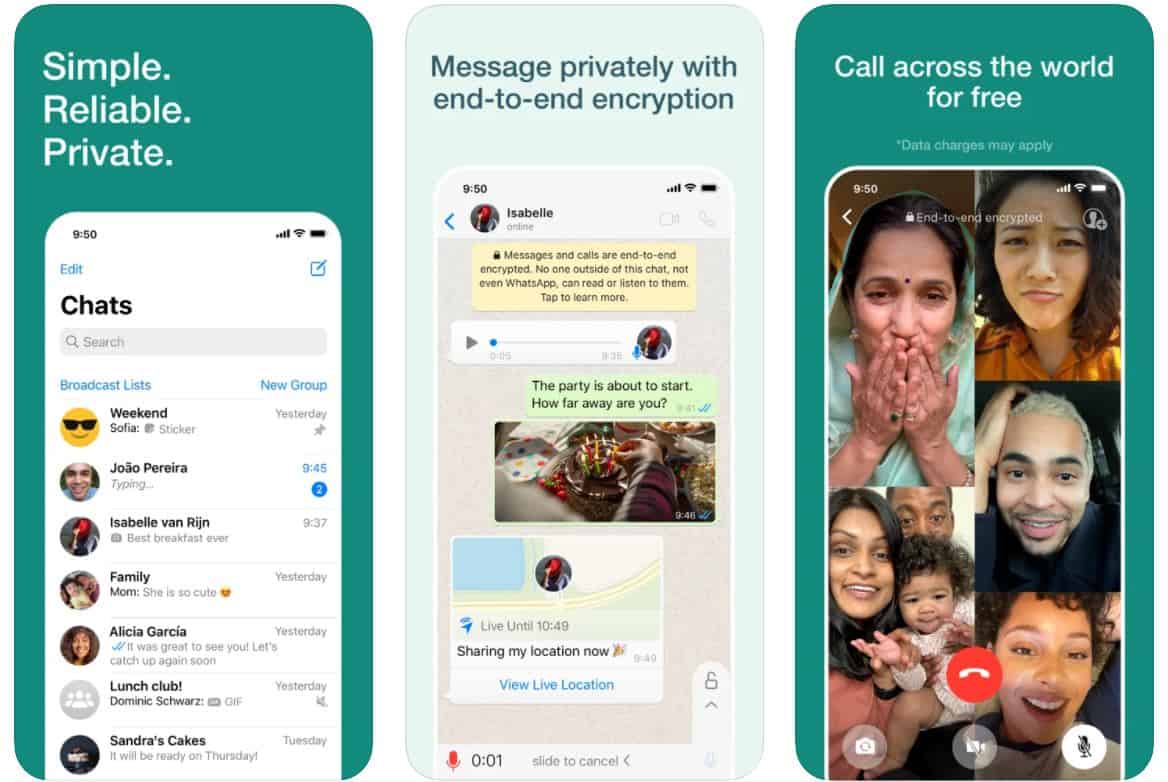

✅ Take action: If you’ve been the victim of a WhatsApp scam, your bank account, email, and other online accounts could be at risk. Also, verbally confirm any bank account details before you initiate a fund transfer. Send a text message or make a phone call to confirm whether they’ve actually lost access to their phone. What to do: Verify your child's supposed new number. Once the victim sends the money, the scammer disappears.Further, the scammer insists they urgently need money and then sends over bank details for a transfer.In other variations of this story, the scammer may claim to have been locked out of their mobile banking app.


The scammer narrates a convincing tale about a lost or broken phone so as to justify this new number.The target receives a WhatsApp message from an unknown number claiming to be from their child.Unsuspecting parents are deceived into transferring funds into a scammer’s bank account. It involves fraudsters impersonating a victim's child and asking for money. The mom and Dad scam is a classic social engineering attack that’s extremely easy to orchestrate. 10 Types of WhatsApp Scams Making the Rounds Today If you’d rather text than talk, how are you protecting yourself against the latest WhatsApp scams? In this guide, we’ll list the most trending scams, how they work, and what you can do to avoid them. Projections show that Americans could lose $28 billion to text message scams going into 2023. Scammers prowling on text messaging apps like WhatsApp sent a massive 66 billion spam texts in 2022. With over two billion monthly active users, WhatsApp has become a popular platform for scammers to ensnare their targets. If there’s one messaging app that scammers can easily exploit to steal your money and identity, it’s WhatsApp.


 0 kommentar(er)
0 kommentar(er)
